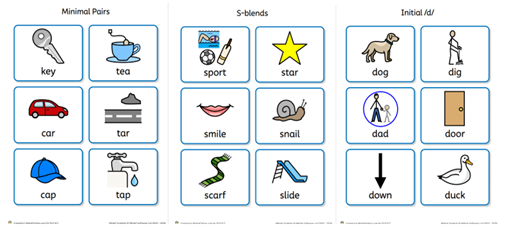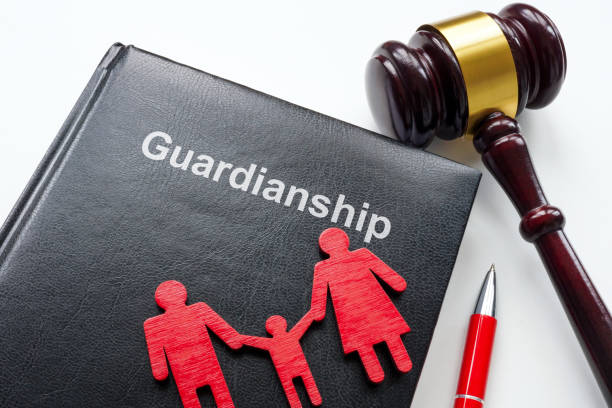The Benefits of Peer Mediation in Primary Schools and how MAST can help
Primary school is a crucial time in a child's development, not just academically, but also socially and emotionally. As young minds navigate the complexities of interpersonal relationships, conflicts inevitably arise. Traditional methods of conflict resolution, often involving teachers or administrators, may not always be the most effective or empowering for students.
The benefits:
1. Empowerment and Responsibility:
Peer mediation empowers students to take an active role in resolving conflicts. By providing them with the skills and training needed to mediate disputes, students learn responsibility and gain a sense of agency. This not only fosters a positive school culture but also helps students develop essential life skills.
2. Enhanced Communication Skills:
Effective communication is a key component of successful conflict resolution. Peer mediation programs teach students how to express themselves clearly, listen actively, and understand others' perspectives. These improved communication skills extend beyond conflict resolution situations, benefiting students in their academic pursuits and future interpersonal relationships.
3. Building a Positive School Culture:
Peer mediation contributes to the creation of a positive and inclusive school culture. When students actively engage in conflict resolution, it fosters a sense of community and cooperation. The school becomes a place where students feel heard and supported, leading to a more harmonious learning environment.
4. Reduced Teacher Burden:
Implementing peer mediation programs can alleviate some of the burdens on teachers and school administrators. Instead of being the sole arbitrators of every dispute, teachers can focus more on their primary role of educating students. Peer mediation encourages students to take responsibility for their conflicts, allowing teachers to intervene only when necessary.
5. Conflict Resolution Skills for Life:
The skills acquired through peer mediation are not confined to the school setting. Students carry these conflict resolution skills into their personal lives and, eventually, the workplace. Learning how to navigate disagreements peacefully and constructively is an invaluable skill that serves individuals throughout their lives.
How can MAST help?
We provide comprehensive peer mediation training for key stage 2 students in Plymouth schools. Our streamlined program spans three afternoons, thoughtfully designed to reduce absence from core subject time.
During the initial session, students concentrate on establishing the foundational skills required for effective peer mediation. Employing a combination of engaging games, discussions, and group tasks, we cultivate the essential qualities of a proficient peer mediator.
In the subsequent session, participants actively apply their acquired knowledge through practical role-playing exercises, addressing diverse scenarios. This hands-on experience ensures that students are well-prepared for their impending roles as peer mediators.
The concluding session, scheduled a month later, serves as a reflective platform for students to share their experiences, highlighting successful interventions and challenges encountered. Through collaborative group discussions, participants devise innovative solutions to address identified challenges. Furthermore, this session includes advanced skill practice, tackling more complex mediation scenarios to enhance participants' proficiency.
Our peer mediation training program not only equips students with the necessary skills but also fosters a reflective and collaborative learning environment, ensuring their readiness to effectively mediate peer conflicts.
Written by Tammy Baker
Disclaimer: The views and opinions expressed in blog posts are solely those of the individual author and do not necessarily represent those of Plymouth Learning Partnership CIC. The content is provided for general information and educational purposes only and should not be relied upon as professional or legal advice. Plymouth Learning Partnership CIC accepts no responsibility or liability for any errors, omissions, or actions taken in reliance on this content.
The individual author is responsible for ensuring that any third-party material used (including text, images, and media) does not infringe copyright. Plymouth Learning Partnership CIC does not accept liability for any unauthorised use of copyrighted material by the individual author.
Disclaimer: The views and opinions expressed in blog posts are solely those of the individual author and do not necessarily represent those of Plymouth Learning Partnership CIC. The content is provided for general information and educational purposes only and should not be relied upon as professional or legal advice. Plymouth Learning Partnership CIC accepts no responsibility or liability for any errors, omissions, or actions taken in reliance on this content. The individual author is responsible for ensuring that any third-party material used (including text, images, and media) does not infringe copyright. Plymouth Learning Partnership CIC does not accept liability for any unauthorised use of copyrighted material by the individual author.








